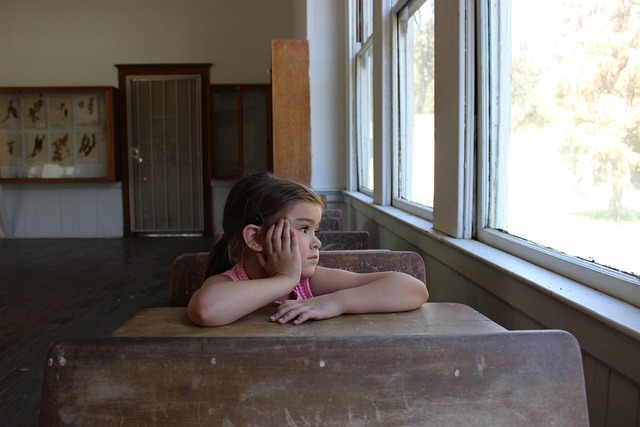Bullying And Beyond: Protecting Children’s Mental Health In School
Children spend a significant portion of their formative years in school, making it crucial for educational institutions to foster a safe and nurturing environment. Bullying is a pervasive issue that can have a lasting impact on a child’s mental health. In this blog, we’ll explore the detrimental effects of bullying and beyond, protecting children’s mental health in school and instigating proactive measures to achieve these aims:
Open Communication: Fostering open lines of communication between parents, teachers, and students is the first step in creating a safe environment. Encourage children to express themselves freely, ensuring they feel heard and understood.
Educate on Bullying: Like this private school in Chorleywood, it is important to equip children with the knowledge to recognise and report bullying behaviour. Teaching them empathy and kindness can also help cultivate a culture of respect and understanding.
Establish Anti-Bullying Policies: Schools should have clear and comprehensive anti-bullying policies in place. These policies should outline consequences for bullying behaviour and establish a framework for prevention and intervention.
Promote Inclusivity: Encourage activities and initiatives that promote inclusivity, diversity, and acceptance. Celebrate differences and emphasise the value of every individual within the school community.
Mental Health Education: Incorporate mental health education into the curriculum to help students understand and manage their emotions. Provide resources for seeking help and support when needed.
Buddy Systems and Mentoring Programs: Implement buddy systems or mentoring programs where older students can support younger ones, fostering a sense of community and providing a trusted confidante.
Encourage Extracurricular Activities: Participation in extracurricular activities can boost a child’s self-esteem and provide a positive outlet for their energy and emotions. It also helps them forge meaningful connections with peers.
Professional Counselling Services: Ensure that the school has access to professional counselling services. Trained counsellors can offer support to students facing bullying or struggling with their mental health.
Monitor Digital Spaces: Acknowledge the role of technology in modern bullying. Encourage responsible digital behaviour and establish protocols for addressing cyberbullying incidents.
Promote a Positive School Culture: Lead by example and foster a culture of kindness, respect, and empathy. Recognise and celebrate acts of kindness within the school community.
Protecting children’s mental health in school is a collective effort that involves parents, educators, and the community at large. By implementing proactive measures, fostering open communication, and promoting a culture of inclusivity and respect, we can create an environment where every child feels safe, valued, and supported in their educational journey. Together, we can ensure that schools become spaces where children thrive academically and emotionally, free from the shadows of bullying.




